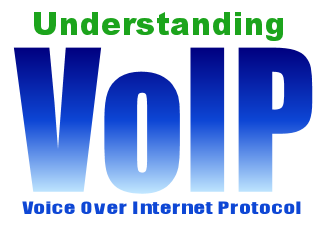How Much to Make a Call? A Short Guide to VoIP and Bandwidth
From businesses to individuals, more and more users are turning to VoIP as a cost-effective alternative to traditional voice communication methods such as landline and mobile phone calling. VoIP can deliver reliable service and features unavailable through any other voice calling solution, all at a price that mobile phone and landline carriers simply cannot compete with, but to take advantage of the package of benefits that VoIP calling offers, you’ll need a suitable connection.
Basic Calls
The lowest connection speed supported by any major VoIP carrier is 30kbps, and although a dial-up (56k) connection can provide an adequate platform for a basic VoIP call, such calls are almost invariably marred by voice lag, echo and consistent breakup due to the slow data processing speed of such a basic connection. Calls made at these connection speeds are also prone to dropping, making them a less than ideal solution for important calls.
Quality Calls
A quality VoIP call can be placed over the networks of most providers at speeds around 90kbps, and this speed will provide all the bandwidth necessary for a reliable call of an acceptable quality. Of course, issues due occasionally arise at the lower edges of this threshold and performance increases dramatically at higher speeds, but a connection capable of 90kbps is suitable for the majority of calls made using VoIP.
However, it must be kept in mind that this bandwidth requirement is for a single VoIP call made from the same location. Additional calls will make identical demands, meaning that a multiple-line location that expects to receive plenty of call traffic over VoIP would do well to consider a plan with increased bandwidth or a dedicated VoIP calling connection.
Video Calls
Video calls require the processing of even more data between source and destination than standard VoIP calls, and so require much greater commitments of bandwidth to deliver a smooth and stable experience. Minimum speed levels necessary to sustain a high-quality digital video call begin at 1.2mbps, and performance levels increase as the available bandwidth does. These minimum performance requirements are far beyond the reach of a dial-up connection and even many lower-quality broadband solutions, and this link can show you more about how a quality high-speed internet connection can lead to a superior overall experience with VoIP.
As users continue to migrate to VoIP for their voice calling needs, one of the most common challenges is determining the right Internet speed to turn it to the best advantage of the user. The appropriate Internet connection quality for your VoIP system depends on its purpose, but as a general rule faster connections yield better results.





